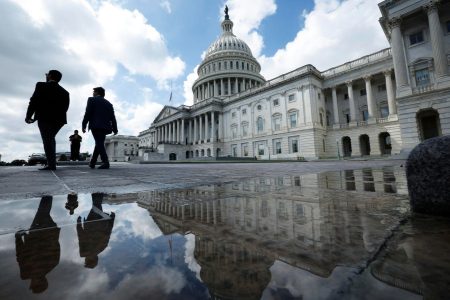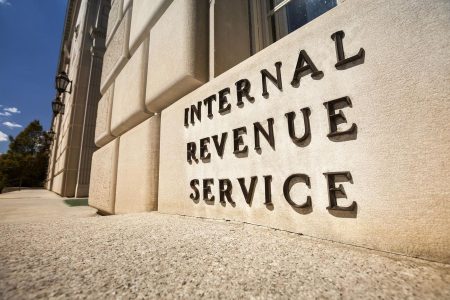Will Vice President Kamala Harris raise taxes if she is elected President, and for whom? Her campaign is new, and much is still taking shape. She does not have a long campaign behind her but the polls suggest that voters seem to like what they see. Taxes may be one of the key issues many voters look for, regardless of whether they hope for no tax hikes on themselves, or big tax hikes on someone else.
Perhaps the biggest development was Vice President and candidate Harris’s repeat of President Biden’s pledge not to raise taxes on anyone making under $400,000 a year. Some are arguing that this will limit Harris’s ability to raise the kind of big money needed for a major expansion of Social Security benefits, which would likely need a more across the board tax increase. But it still is too soon to tell how progressive and tax-driven the new candidate’s plans will be. Notably, the Tax Foundation has said that in 2020, the $400,000 figure should be approximately $481,000 in 2024 dollars if it were adjusted for inflation. In that sense, inflation may be seen as reducing the effectiveness of the tax pledge to a some extent.
The nonpartisan Tax Foundation has done an analysis of where Harris stands on taxes, based in large part on what the Vice President proposed when she was last running for for President in the 2020 election. She was a relatively short-term candidate in that race, and she got out early. But we could see some of her central tax ideas from four years ago surfacing again in the months leading up to the election.
Top Rates Up To 39.6%
One of her ideas, popular with other Democrats, would raise the top marginal income tax rate on the top 1 percent of earners from the current top rate of 37% up to 39.6%. As for a much broader rate hike, we don’t know. In 2019, she floated a 4 percent tax idea she called an income based premium on households making more than $100,000 a year to pay for a Medicare for All plan. This idea seems foreclosed now, given the Vice President’s recent embracing of a hands-off policy on any tax increases for those making $400k or less. But perhaps we’ll see an alternative proposal.
Tax Credits For Rent, etc.
Refundable tax credits can seem like giving away money, and they are understandably popular incentives with low and middle income taxpayers who can benefit. In the 2020 election season, then Senator Harris proposed launching a $3,000 refundable tax credit ($6,000 for joint filers) called LIFT the Middle-Class.
As a 2020 candidate, then Senator Harris also suggested a tax credit for rent for those who earn less than $100,000 a year, and who spend over 30 percent of their income on rent and utilities.
Capital Gain Tax Hike
Raising capital gain rates to effectively tax them like ordinary income was one of Vice President Harris’ ideas in the 2020 campaign. It is not yet clear if this would apply to everyone, and it seems likely that the hike would focus on the upper end of earners.
Corporate Tax Rates Back up to 35%
In 2018, the the corporate tax rate dropped from 35% to 21%. President Biden had promised to raise it back up. In the administration’s most recent budget, it was slated to be 28%. But no change has happened yet. Four years ago, as a candidate, Vice President Harris proposed raising the 21 percent rate all the way back to 35 percent, so some kind of rate change proposal seems likely.
Raising Estate Tax
In her 2020 campaign for President, then Senator Harris wanted to raise more estate tax revenue to fund education programs. The details were not clear, but likely meant cuts to the currently generous estate and gift tax exemption. For 2024, the federal estate and gift tax exemption is $13.61 million per person, or $27.22 million for a married couple. But even without action by Congress, the per person amount is set to drop from $13.61 million to only $5.6 million after December 31, 2025. But that will likely be debated in Congress before the start of 2026.
Tax on Stock Trades
In 2020, candidate Harris floated a new financial transaction tax on stock trades at 0.2 percent, bond trades at 0.1 percent, and derivative transactions at 0.002 percent.
Read the full article here










